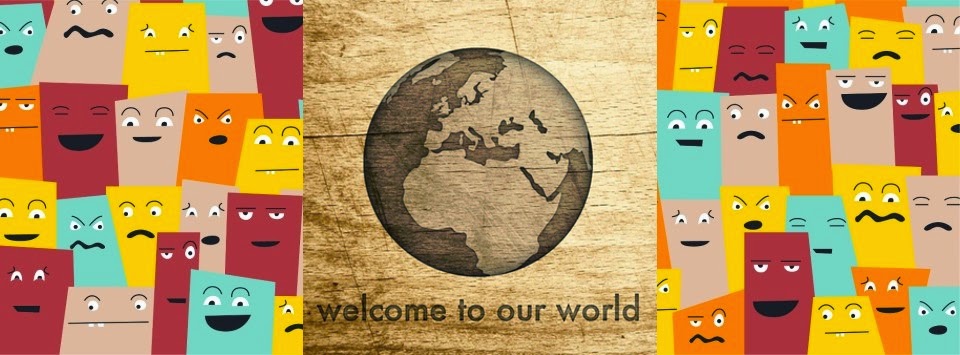 Given that relationships are what many people would consider to be naturally
occurring phenomena, it makes sense that there is a natural progression that
they move through as they develop from dating all the way through to whatever
the end is. There is a natural step-by-step process for all relationships, no
one can deny that; what some people do seem willing to dispute is exactly
what those steps are. There is the dating one, which is inevitable; there is
the sexual phase, which is admittedly dependent on how long you’re with the
person, but in this instance we’re addressing long-term relationships so again,
sex is inevitable; what comes after this? That’s where the room for debate
appears.
Given that relationships are what many people would consider to be naturally
occurring phenomena, it makes sense that there is a natural progression that
they move through as they develop from dating all the way through to whatever
the end is. There is a natural step-by-step process for all relationships, no
one can deny that; what some people do seem willing to dispute is exactly
what those steps are. There is the dating one, which is inevitable; there is
the sexual phase, which is admittedly dependent on how long you’re with the
person, but in this instance we’re addressing long-term relationships so again,
sex is inevitable; what comes after this? That’s where the room for debate
appears.Do people move in together? Do they have children? And the big, intimidating and life-changing question that so many people are terrified of answering… do they get married?
When I was 9 years old, my mum picked me up from school one day and told me that my dad wouldn’t be coming home. After nearly 22 years of marriage, three children and a lot of other stuff in between, my dad wasn’t going to be coming home. Ever again. I’m not sure who took it harder: my mum was fairly cut up about the whole situation, my sister was angry, and I didn’t really understand. A time came in my life where I understood exactly what had happened: My dad had bailed on his family. That harsh reality forced me to come to the conclusion that marriage was not only a pointless exercise, but also something that I would never choose to engage in myself.
It’s 10 years this year since my dad made an exit from his marriage and my life, and although I’m still sceptical on marriage, I’m a lot more open-minded than I used to be. I’m not about to skip into town and start trying on wedding dresses – and, to be honest, I cringe at the thought – but I’m open to the idea that maybe some people can make marriage work. When I first entertained this idea my plan was to include an example of a marriage that has worked; the only one I could think of was my grandparents, who are from an age in history where getting divorced was a shameful business, so I’m not entirely sure they’re a valid example of how marriage can last when really, they didn’t seem to have much of a choice. Nevertheless I’m optimistic that somewhere out there, there is a happily married couple (and no, newlyweds most definitely do not count)…
After a frantic search I’m still drawing a blank. Something I did find particularly interesting was an article online regarding Myleene Class and her recent split from her husband. You’re probably wondering why I chose this particular story. The reason for my choice is that her and her husband have only been married for six months, but have actually been together for eleven years prior to their marriage. They have two children, a wonderful home and they had a relatively happy relationship. So what went wrong? Marriage. That’s what went wrong.
Have you heard of the expression, “If it’s not broken, don’t fix it”? A modern twist on that seems to be, “If it’s not broken, don’t marry it.” And this brings me back to the opening ideas of this article: While there are many natural steps people take when they’re in a relationship, does marriage have to be one of them? You might think I’m cynical, but I personally think I’m just being a realist. Marriage might seem like a brilliant idea at the time, but if it’s the difference between owning a ring and a divorce certificate or not wearing a ring and being in a happy relationship then surely NOT getting married is the best idea? Okay, you might be one of those people that manages to have a good marriage and not get divorced, but with divorce rates growing, are you willing to take the risk? It’s not as simple as signing a piece of paper anymore, marriage has outgrown the purpose of a relationship status and turned into an outright lifestyle choice due to the fierce impact it has on so many things.
A lot of people are likely to disagree with me, and maybe one day in the future I’ll disagree with the arguments I’ve made here and decide that marriage is something I’d like to try, with the right person. Although it does seem fair to conclude this article with a thoughtful idea: No, marriage isn’t for everyone, but for the people who decide to try it, think about what you’re getting yourself into before you go swapping rings and signing papers.
Written by Charley Barnes


